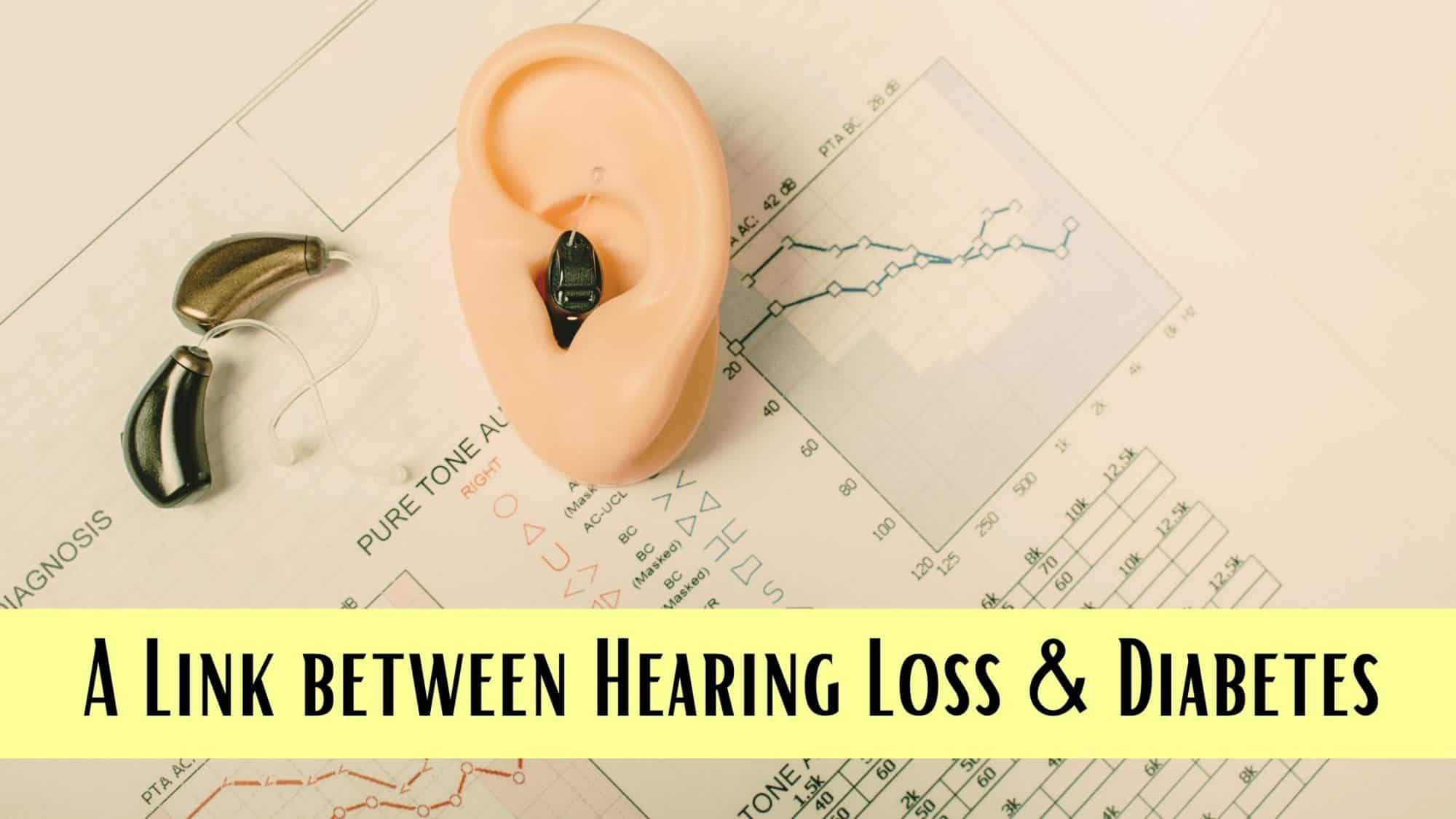- The Future of Hearing Health Research: Promising Breakthroughs - April 18, 2024
- Hearing Health in the Classroom: Strategies for Teachers and Students - April 6, 2024
- The Power of Bluetooth: A New Chapter in Hearing Aids - March 26, 2024
When we think about complications resulting from diabetes, hearing loss probably isn’t what comes to mind. We are far more familiar with its four most common resulting complications: heart disease, foot issues due to poor circulation, kidney disease and eye issues.
But recent research is focusing our attention on the higher rates at which people who have diabetes develop hearing loss. At the Henry Ford Hospital in Detroit, a study found that hearing loss was worse in subjects with both types of diabetes, versus those without the condition.
Two common chronic ailments
Both hearing loss and diabetes are among the leading chronic health conditions affecting people in the United States. Around 34 million people nationwide have been diagnosed with diabetes. A slightly smaller number of people, 30 million, have hearing loss.
What is diabetes?
Diabetes is a condition in which the body struggles to turn food into energy. There are two types. In type one diabetes, not enough insulin is produced. Around 5-10% of diabetes cases are classified as type one. Type two diabetes, the body cannot regulate insulin well enough to keep blood sugar levels stable. Most cases of diabetes are type two, which takes many years to develop.
The link between diabetes and hearing loss
We now know that hearing loss happens twice as often for diabetics, compared to the rate of hearing loss for people without diabetes. What is even more concerning is that people with prediabetes — what is that? — have a rate of hearing loss that is 30 percent higher than in people who have healthy blood sugar levels.
Scientists do not yet know conclusively the reasons why diabetes may lead to hearing loss. What we now think is that it falls to the high blood glucose levels, due to the insulin regulation problems that come with diabetes. This is the reason that a complicating factor of diabetes is eye and kidney damage, because the result is damage to small blood vessels. Similarly, these blood vessels are necessary to the health of the inner ear. When they are damaged, the cells of the inner ear decline and hearing loss begins to present itself.
Signs of hearing loss
Hearing loss, particularly the kind that develops later in life, can be a hard condition to spot at first. Initial symptoms can be incredibly subtle, due to the way we lose our sense of hearing with decline of inner ear cells. In that circumstance, high-frequency sounds are lost first. Instead of an overall lowering of volume, you might instead notice that it seems as though everyone around you is mumbling. You’ll find yourself asking folks to repeat themselves often in conversation. The volumes on your television and personal devices might start to max out.
Your overall health & well-being
If you have diabetes, developing a good relationship with your medical provider, including an audiologist, will give you the support you need to stay on top of your diabetes and be on the lookout for declines in hearing health.
You can alleviate some symptoms of diabetes with medication and good health management, including a diabetes-friendly diet. There isn’t a one size fits all meal plan that works for everyone, so meet with a registered nutritionist to work towards finding the best one for you. Commit yourself to a reasonable and consistent fitness plan. You don’t have to sign up for a Crossfit gym membership. Deciding to take a 30-minute walk three or four times a week is a perfectly adequate health plan.
Rest and stress relief are also important parts of a wellness plan. Try to get a full night’s sleep as much as possible and schedule rest breaks for yourself when you feel overwhelmed. Taking up a meditation habit can help to relieve stress, anxiety and help you to get better quality sleep.
Prioritize your hearing health
Hearing health is linked to your overall health and well-being. Culturally, we need to shift the way we care for our hearing health. While most of us have had an eye exam in our recent past, we’re not as dedicated to taking a hearing exam annually!
Instead of waiting until hearing loss has reached an unignorable state, call us today to schedule a hearing exam! With the ability to diagnose any changes in your hearing early, we can slow any progressive conditions that turn up. And – if your hearing is perfectly normal, make a commitment to visit us annually for a hearing test!

